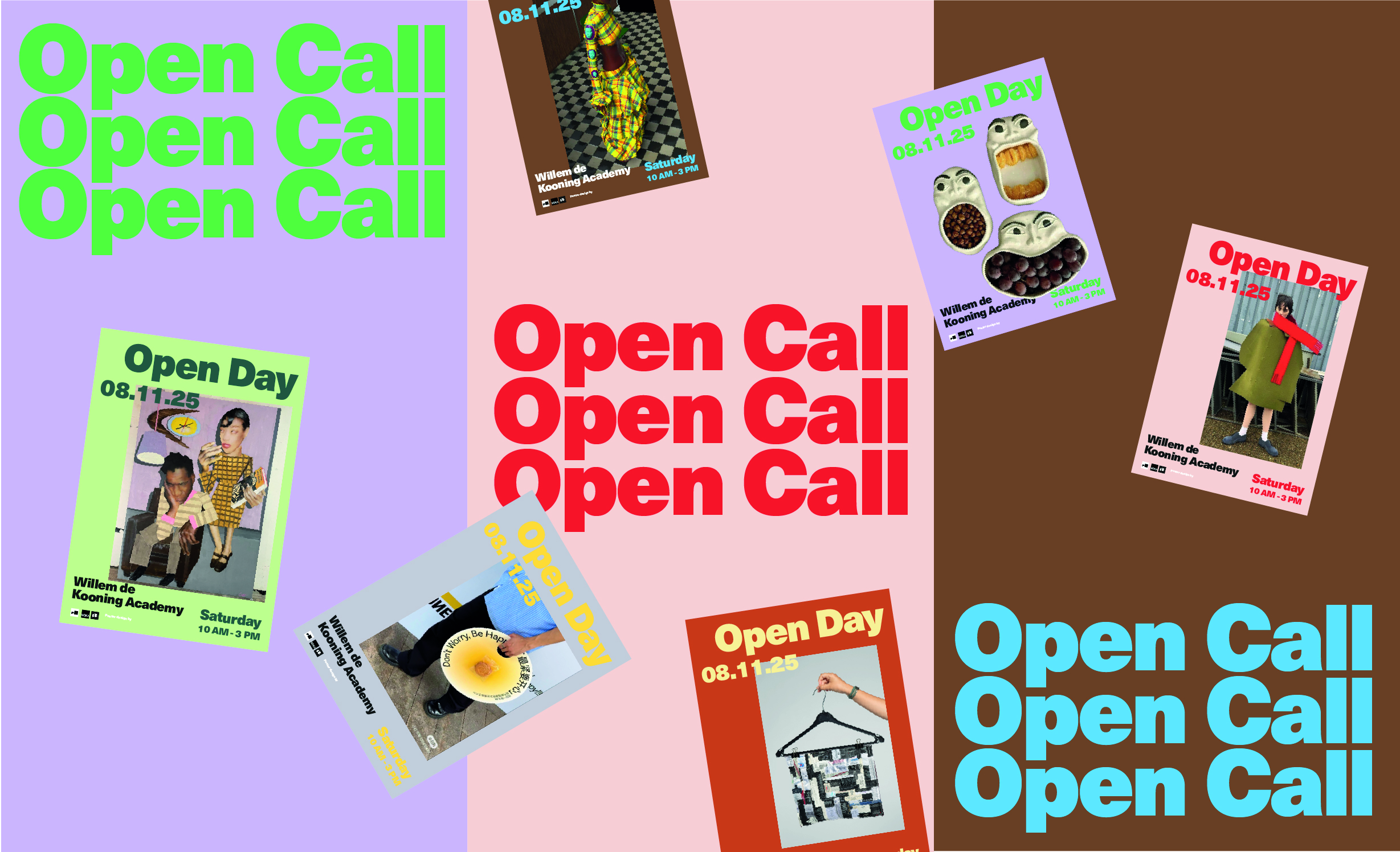In September 2018 WdKA's third-year students, following the minor Branding (Commercial Practices) have started to work on a challenging assignment received from RET - Rotterdam Electric Tram - to investigate, conceptualise and design the future of transport. This includes not only the physical part of transport but also the far-reaching social, economic and digital aspects of transportation within the coming five to ten years. The students were urged to research and develop scenarios for a more efficiënt, appealing, multi-layered and experimental way of travelling.
Presentation
On Friday, December 21, WdKA students will present the projects they have been working on during this semester. Keep an eye on this website for more information about their researches, speculations and suggestions. And, of course, for the interview with RET - Rotterdam Electric Tram and students about how they have experienced this collaboration.
The students were asked to research and develop scenarios for a more efficiënt, appealing, multi-layered and experimental way of travelling.
About our partner
The Rotterdam Electric Tram (RET) is a Dutch transport company that is active in urban transport in and around the city of Rotterdam. Public transport is carried out by tram, bus, metro and ferry. The client is the Metropolitan Region Rotterdam The Hague (MRDH). This includes Vlaardingen, Schiedam, Spijkenisse, Overschie, Capelle aan den IJssel, Nieuwerkerk aan den IJssel and Barendrecht. RET transports more than 600,000 passengers per day and 185.7 million passengers per year: residents, commuters and tourists. This network is served by a fleet of 238 buses, 118 trams and 152 subways. And since 2008, RET also transports over water.
Context
The infrastructure of the Netherlands is increasingly being put to the test. Although substantial investments are being made in the expansion of the motorways, transport in the densely populated areas remains a problem. Traffic jams on the ring roads, but also in the inner cities appear to be more the rule than the exception in recent years, and although the increase in traffic congestion is finally stagnating, after years of growth, the current situation is still unacceptable for the long term. Moreover, improvement can mainly be attributed to intensive investment in the Amsterdam region. Other cities have not received such financial support, and the growing population and improving economy will cause even more pressure on the urban infrastructure in the next 10 years.
The ambition of the Dutch government is that all of its inhabitants should be able to travel from door to door within an hour in 2040. When it comes to an optimal functioning and modern public transport network in the Randstad, the RET has the ambition to be a forerunner. Within five to maximum ten years from today, RET wants to reach this ambition by delivering high-stake public transportation services to the citizens of Rotterdam.
The Assignment
The RET wants to ensure that they are ready for all possible scenarios on transportation for the next 10 years. To ensure that, the RET is looking for speculative and innovative future scenarios. RET invites students to:
- Research: thus define a research issue (question or problem); adopt and explain the suitable methodology, thoroughly and both top-down and bottom-up;
- Analyse: to examine and critically interpret the situations and use research to develop new ideas and production;
- Innovate, by gathering original knowledge, working with unconventional research approaches and by daring to question the status quo; start for example to successfully grow;
the problem(s) instead of looking for solutions; think in contrasts instead of harmony; - Speculate, but make it solid, based on a strong and relevant ‘why’;
- Design to debate. Activate the public debate on the changing landscape of transportation by proposing groundbreaking and rather controversial ideas;
- Collaborate. Not only with the RET, but with other smart partnerships.
Cover: Metro Wilhelminaplein. Photography: E. Fecken (Imagebank RET).



